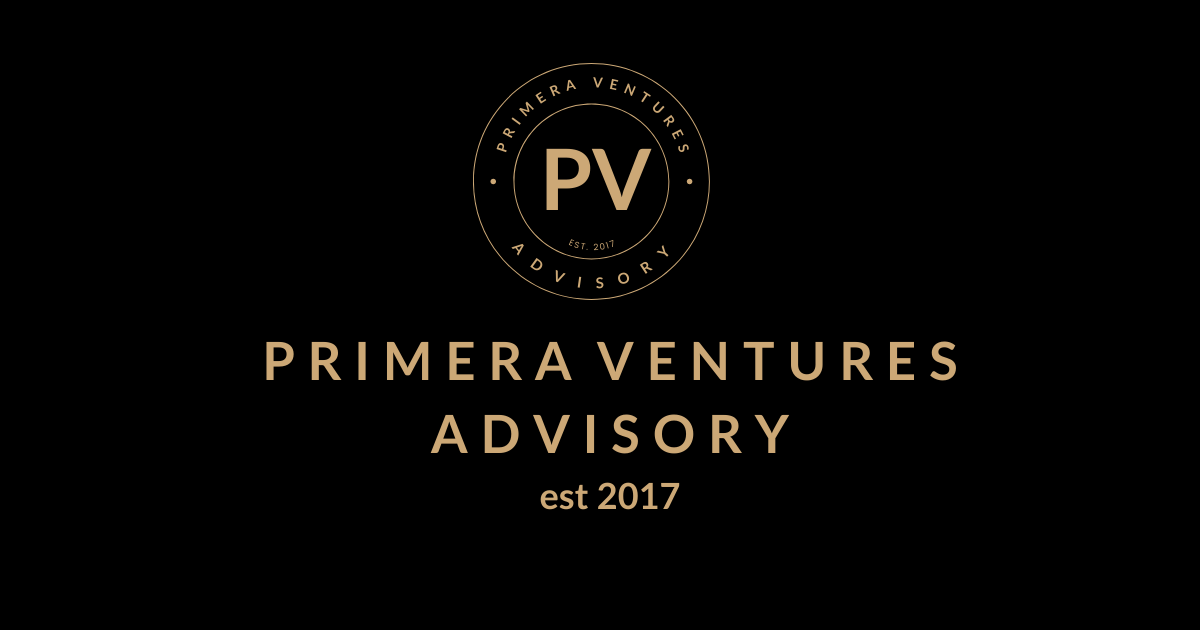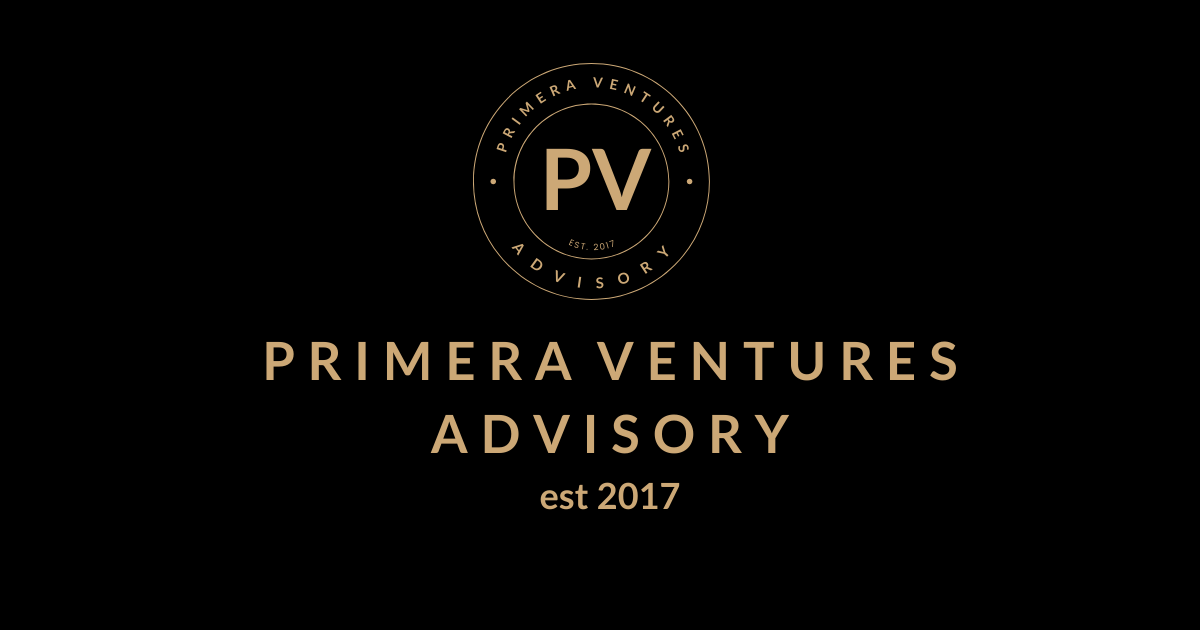Three Key Strategies for Reducing Owner Dependance
If you're keen to build a valuable company, a pivotal factor is ensuring your business can function independently without your constant involvement. However, embarking on this journey can seem intimidating. In this article, we'll delve into three cost-effective, straightforward strategies to set your business on the path to autonomy, allowing it to flourish without your constant presence.
Replace yourself by specialising
The main reason most owners can't replace themselves is the prohibitive cost of a substitute. Hiring someone to match your breadth of experience would likely require a very high-salaried employee. If fully replacing what you do is beyond your budget, then specialise your core offering. Take Casey Cavell’s baseball business, D-Bat Academy, for instance. It could have catered to a wide array of players: professionals, softball players, slow-pitch beer leaguers, fast-pitch enthusiasts... but instead, he focused specifically on 5-to 10-year-old children. Yes, he could have charged more per customer by catering to college athletes and aspiring professionals, but such elite players would expect a hitting coach with extensive expertise, necessitating a higher staffing level. Conversely, for a business aimed at delivering fantastic birthday parties for 8-year-olds, an entry-level employee can meet the requirements. By narrowing your offering, you can avoid the high salaries associated with employing someone with extensive experience.
Create a question diary
When Jodie Cook was developing her social media agency, she made a deliberate choice every time an employee asked her a question. The easy response would have been to simply answer, but instead, she chose to write each query down. This 'question diary' evolved into a business manual, documenting how to perform each task required by her employees. This manual took the form of an Excel spreadsheet with 50 tabs, each detailing a specific process, such as payroll. Challenge yourself to do the same: when an employee asks you a question, resist the urge to just answer and move on. Document those questions, and turn them into a standard operating procedure (SOP) that empowers your staff to develop expertise in their roles. The go-to reference becomes the manual, not you.
List your employees alphabetically on your site
Many companies list their employees by seniority, with the owner and CEO at the top. However, this signals that you are the most important person in your company, prompting everyone from salespeople to suppliers and prospective partners to bypass others and contact you directly. An effective strategy to downplay your role (and encourage others to step up and shoulder more) is to list employees alphabetically rather than by seniority on your company’s website. This approach can reduce the focus on you. Additionally, using titles like “Head of Culture” and “Head of Product” instead of “CEO” or “Owner” can further diminish the visibility of your seniority, making it less likely that customers will default to contacting you. Getting your business to prosper without you provides the freedom to cherry-pick the projects you want to work on, or simply own your business and earn passive income. A business that runs without your direct involvement is also a more valuable, saleable asset should you decide to embark on a new chapter in your life. Specialising, creating SOPs, and downplaying your role on your website are practical steps you can take today to make your business operate more independently in the future."
Transforming a business into a self-sufficient entity is a significant step towards long-term value and success. By focusing on a niche market, business owners can streamline operations and manage costs more effectively. The development of detailed operational procedures empowers employees, fosters expertise within the team, and reduces reliance on the business owner for daily decision-making. Additionally, subtle changes in how staff are presented publicly can further shift the operational dynamics, promoting a more balanced and autonomous environment. Implementing these strategies not only elevates the business's efficiency but also enhances its value, potentially making it a more attractive proposition for future sale. Ultimately, these approaches enable business owners to enjoy greater freedom and flexibility, providing them with the opportunity to pursue new ventures or simply enjoy the benefits of their enterprise with less direct involvement.
The Strategy Sphere








